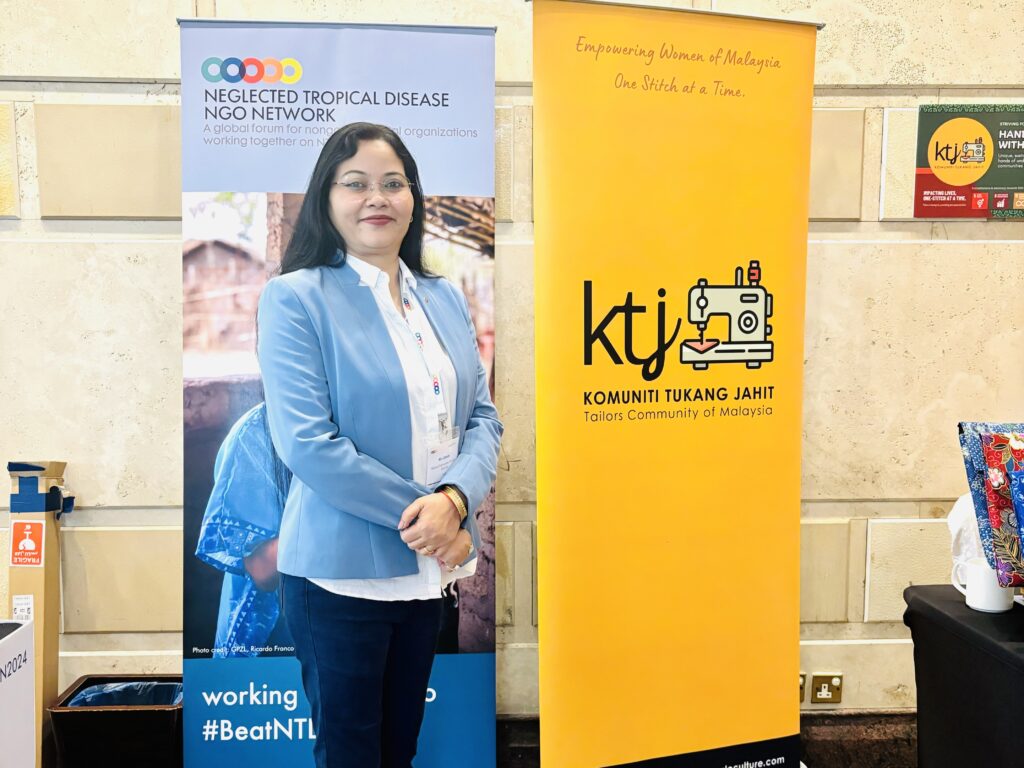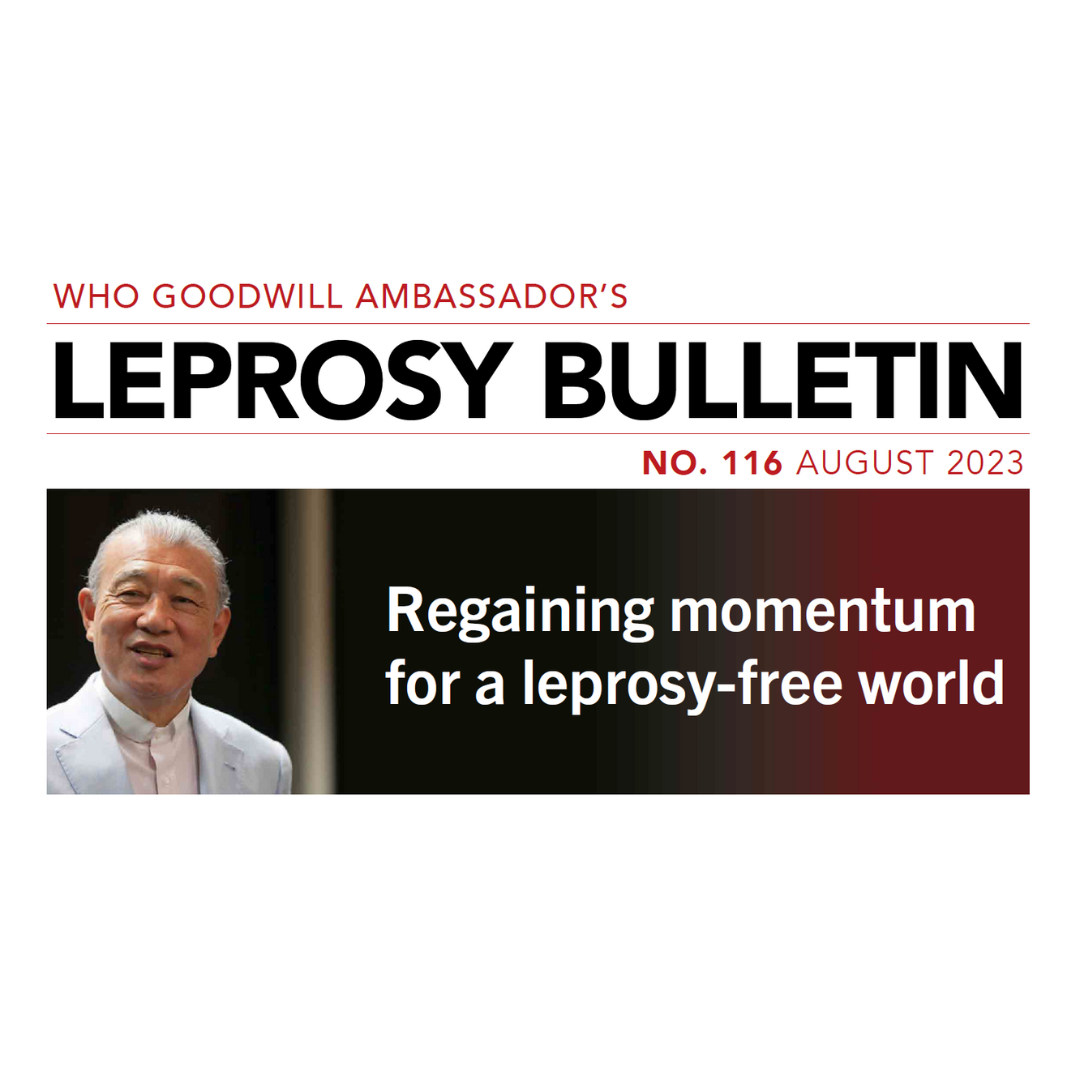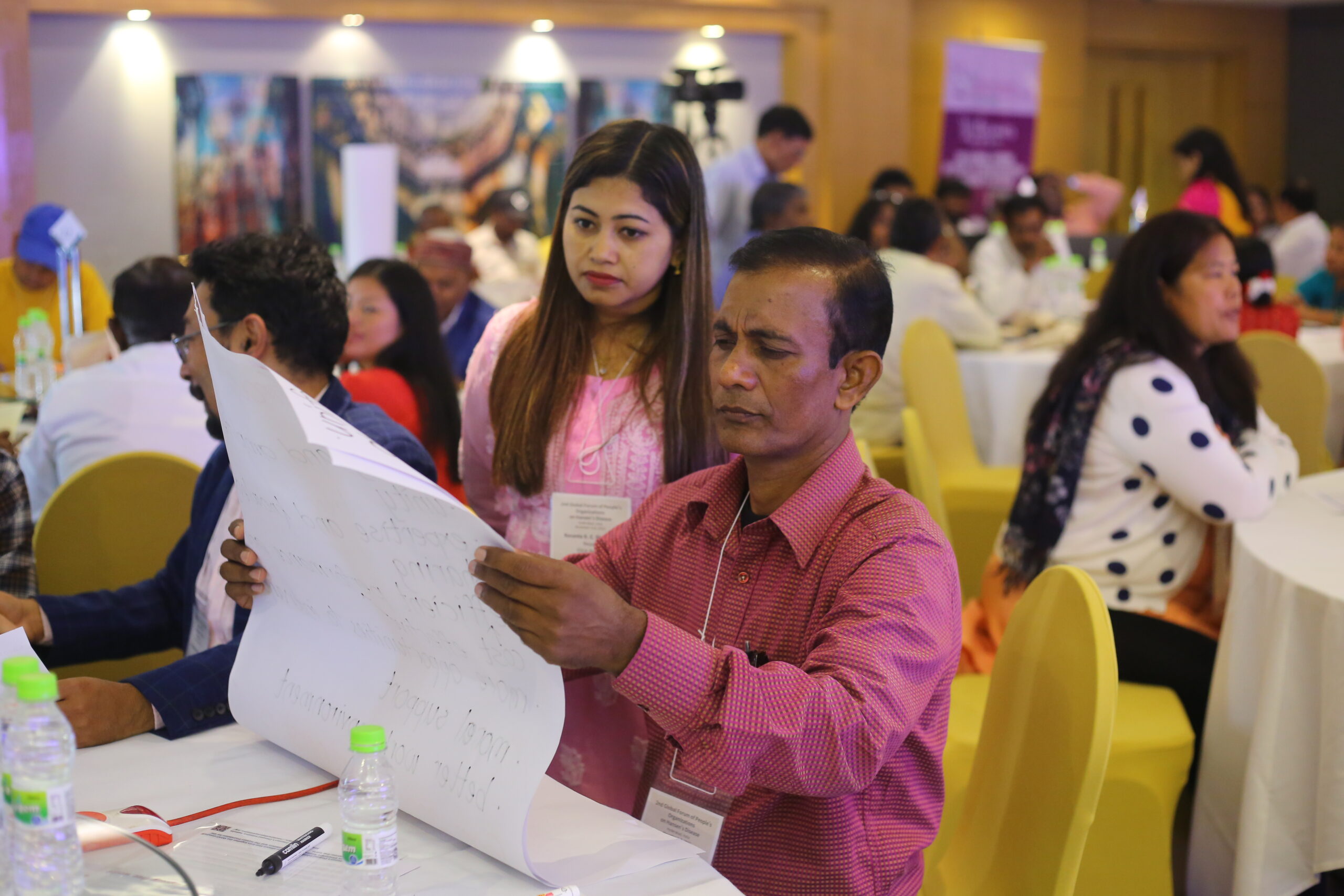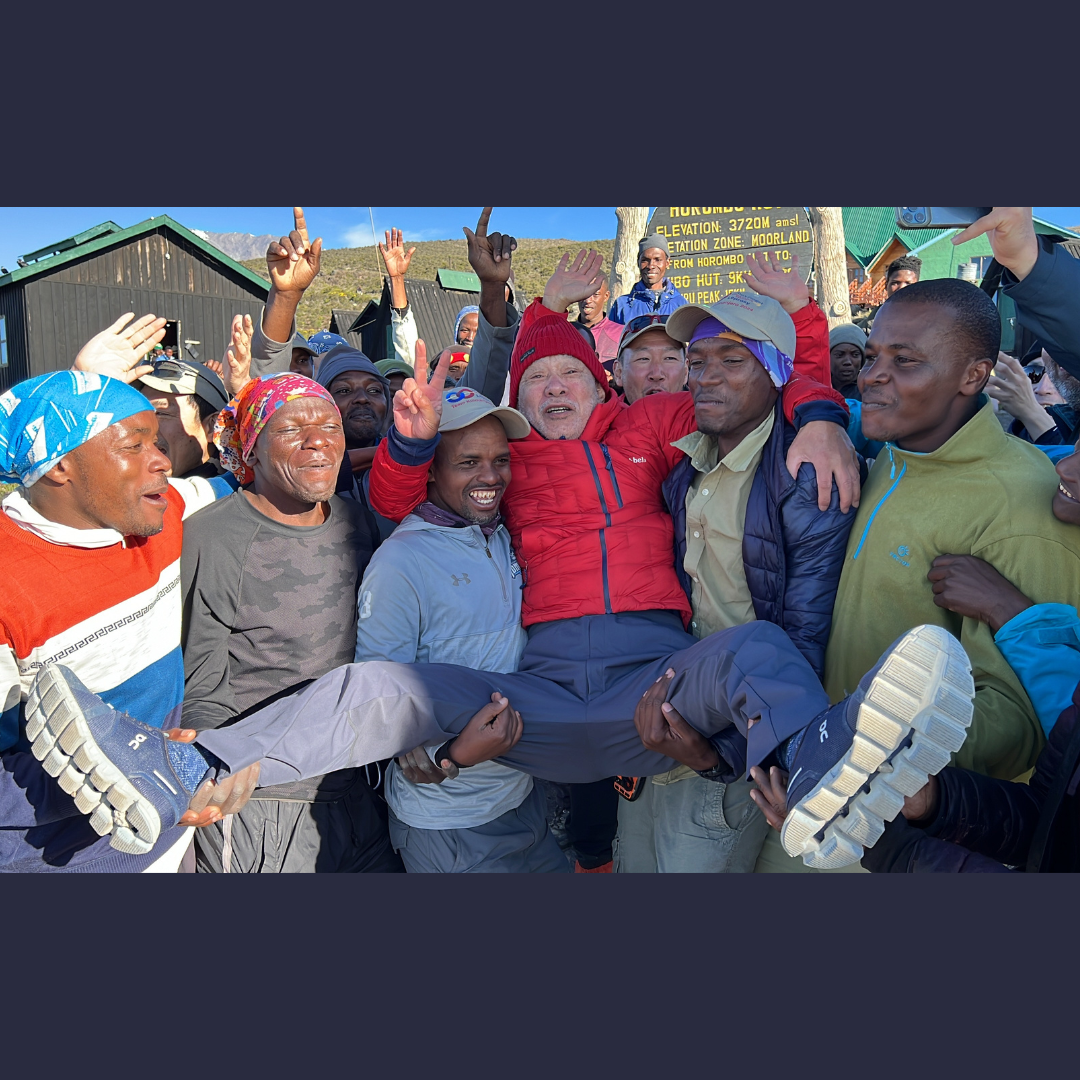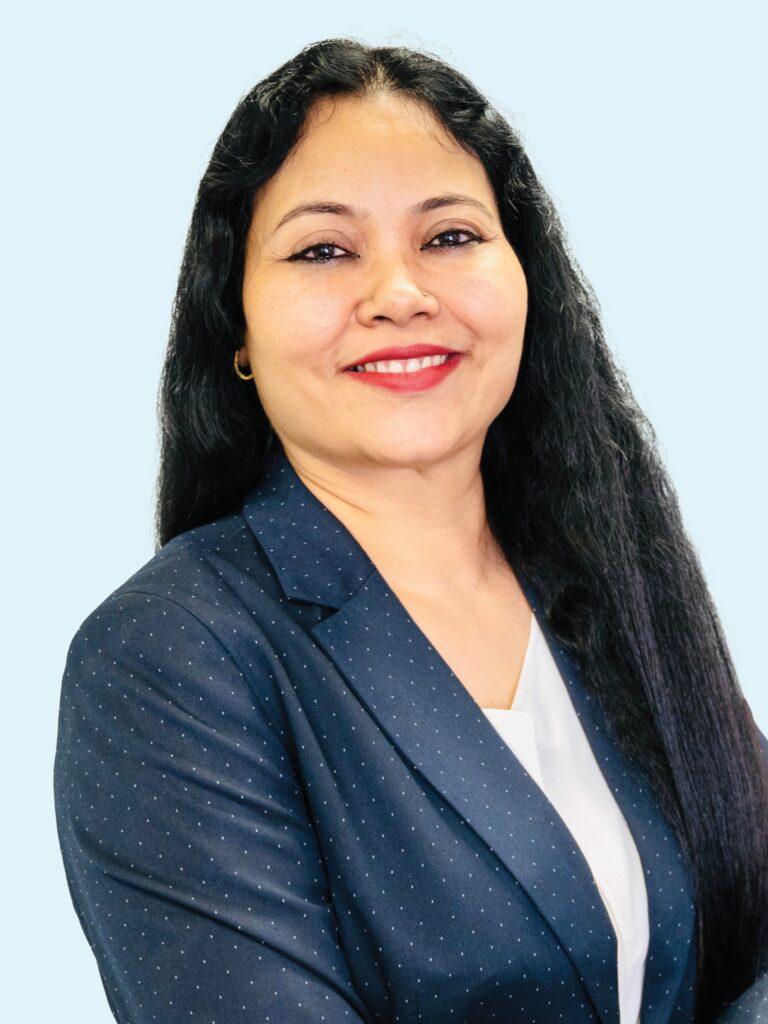
Dr. Ritu Ghosh
Executive Director, Global Partnership for Zero Leprosy (GPZL)
GPZL welcomed Dr. Ghosh as its new Executive Director in August 2024. Her mission is to strengthen country partnerships and champion the rights of persons affected by Hansen’s disease. She is expected to play a critical role in expanding GPZL’s initiatives.
https://zeroleprosy.org/
Hansen’s disease, also known as leprosy, is not just a medical condition – it affects every aspect of a person’s life. It impacts independence, mobility, and is often linked to deformity, which in turn leads to severe social stigma and discrimination. This stigma creates barriers to employment, social standing, and mental health. When a person is diagnosed, their family is often affected as well, leading to generational hardship. It is heartbreaking to see how such an ancient disease continues to devastate lives.
Globally, national leprosy programs still detect around 200,000 new cases of leprosy each year, with the highest burden found in India, Brazil, and Indonesia. These cases are often found in marginalized communities with limited access to healthcare and support systems. The introduction of multidrug therapy (MDT) in 1981 was a breakthrough, making the disease curable. But humanity’s work is far from over. We need to push for further research, especially in developing vaccines. Furthermore, early diagnosis is critical. To eliminate transmission, we must implement field-based rapid testing kits and launch post-exposure prophylaxis (PEP) programs.
One of my primary focuses at GPZL is to strengthen health systems in the public and private sectors, and thereby positively impact the lives of individuals with lived experience of Hansen’s disease. I would like GPZL and our partners to direct resources where they can have the greatest impact. Ensuring that underserved communities receive the care they need involves scaling up research that looks beyond the medical aspects of the disease. We must examine the social determinants, such as water, sanitation, hygiene (WASH), nutrition, and gender equity.
In many countries, there is a lack of gender-disaggregated data. Women, for example, often face additional barriers to accessing healthcare. Addressing these inequities is crucial to eliminating the disease.
Despite medical advancements, stigma remains one of the most damaging aspects of Hansen’s disease. In some countries, even after being cured, persons who were once affected by leprosy are still denied basic rights, such as right to education or right to employment.
We need to focus on rehabilitation, not only in terms of physical recovery, but also in terms of social, mental, and occupational reintegration. Persons who have been affected by the disease need comprehensive support to rebuild their lives.
My vision for GPZL includes expanding our resources by drawing the attention of the private sector, particularly corporations, to leprosy elimination issues so they can invest their resources. Additionally, I want GPZL to build stronger partnerships at the country level by collaborating with governments, businesses, local leaders, and like-minded organizations to amplify our impact.
In the long run, I see GPZL evolving into what I like to call “GPZL 2.0.” This version of our organization will be even more equipped to serve persons affected by leprosy, influence policy, and impact broader health and development sectors. My goal is to create a ripple effect across communities, leaving no one behind.
I am deeply committed to leading GPZL to new heights in our global fight against Hansen’s disease. Together, we can work toward a future where the disease is not only eradicated but where those affected are fully reintegrated into society – free from stigma, discrimination, and inequality.
